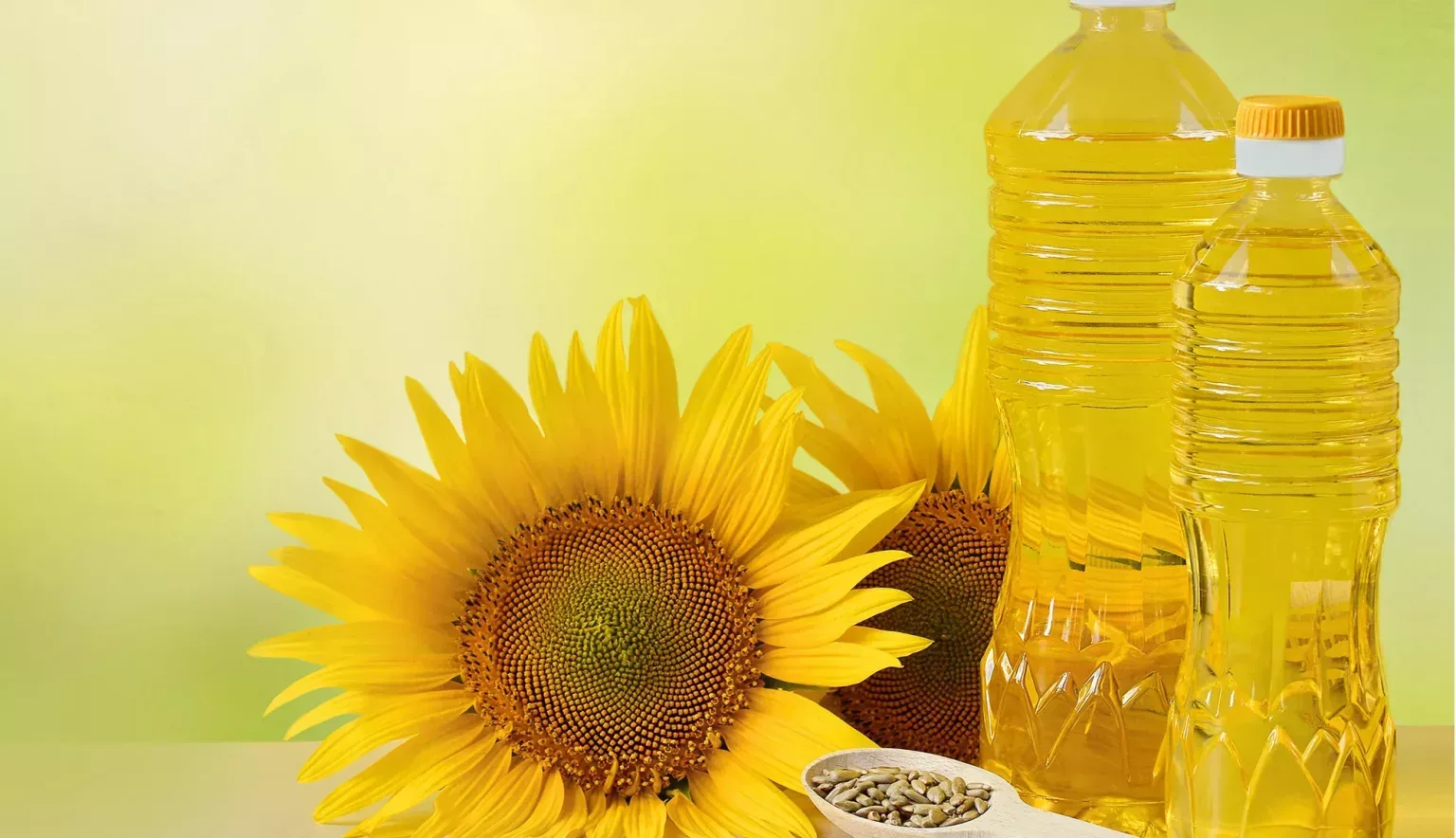A producer of premium edible oils, Sunseed Group is serving up something special to become a leading manufacturer in Malawi. We take a closer look at the company.
INTRODUCTION
Oil is a truly unsung kitchen staple.
From dressing salads to frying food, the uses of oil in day-to-day cooking are endless. As well as being an efficient conductor of heat and a vital enhancer of taste, oil also plays an important role as part of a healthy, balanced diet.
Different cooking oils can provide their own unique flavours, smells and textures, and for thousands of years have been processed for a variety of cooking purposes. Over time, extracting vegetable oils has become more and more efficient, with some oils only becoming available recently as extraction technology has improved.
In Malawi, a nation highly dependent on agriculture, Sunseed Group of Companies (Sunseed) was established in 2002 with aspirations to become a clear leader in the country’s premium cooking oil sector and that of the wider region. Two decades of oil production later and Sunseed is registering tremendous annual growth, through innovative business models which integrate local communities and smallholder farmers, and the Sunseed management’s prudent approach to taking risks.
First and foremost, however, Sunseed’s growth is down to the company’s premium, edible oils and oil products. Satisfying the nutritional needs and desires of domestic and international customers, Sunseed complies with international quality and safety standards at all levels of production to ensure safe consumption.
Production takes place at Sunseed’s magnificent state-of-the-art factory located in the town of Lumbadzi, which has helped the company to establish itself as a top-class cooking oil manufacturer. Here, oil is extracted from locally grown oil seeds, after which it is refined, mixed with an alkaline substance, and washed in a centrifuge. The oil is then further washed and refined before it is filtered and/or distilled ready for packaging.
Using these modern technologies and production methods, Sunseed is building a legacy of premium brands manufactured to the highest standards, including Mulawe, Lawani and Nona Plam.
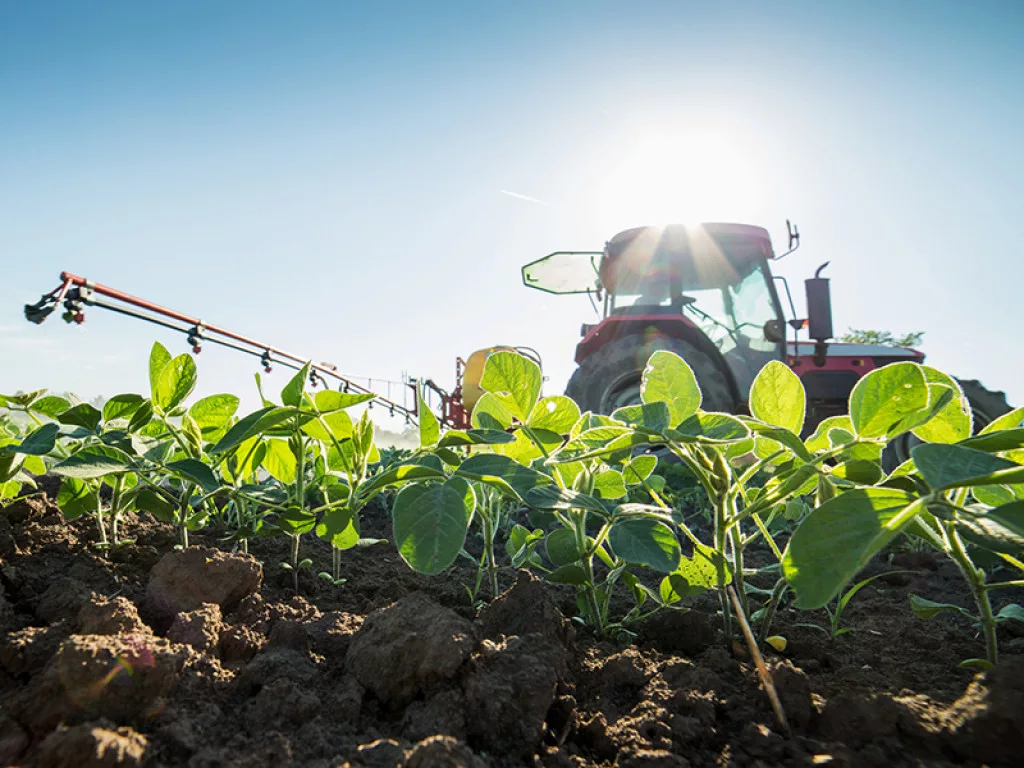
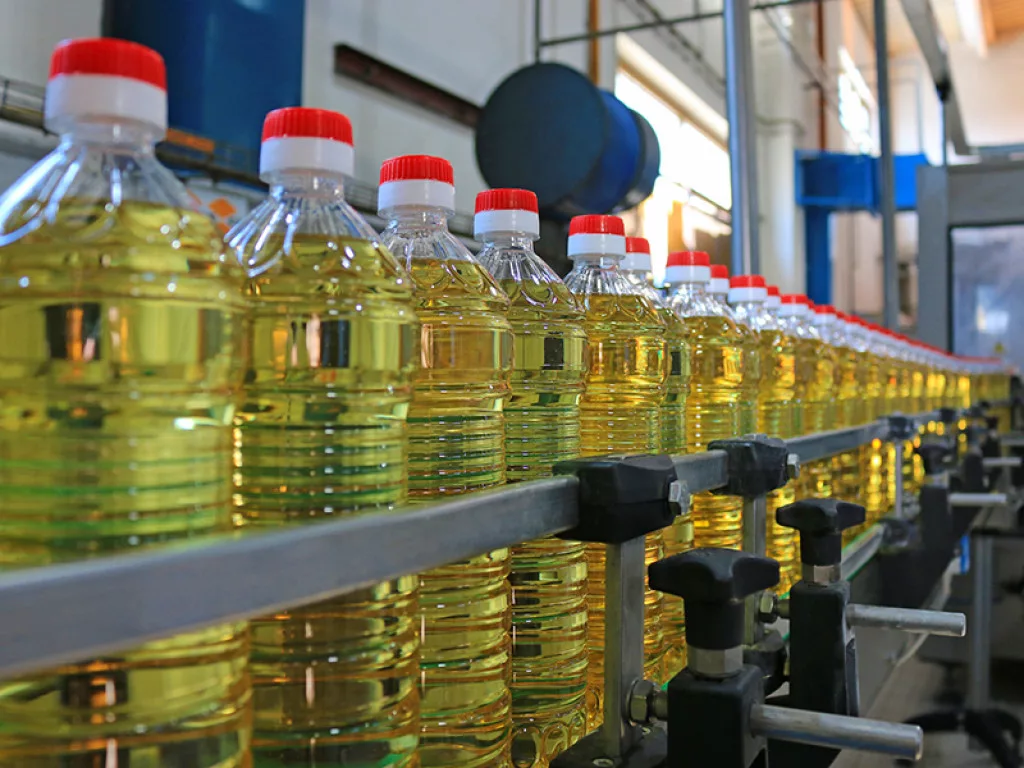
OVERCOMING CHALLENGES
Sunseed’s operations have contributed to efforts by the Malawi government to reduce unemployment in both the formal and informal sector. The ever-increasing demand from processors for raw materials such as soya, maize, sunflower and ground nuts has also created space for many smallholder farmers who have been looking for potential alternative value chains.
Soya is the very basis of Sunseed’s product catalogue, and soybeans are in fact one of the most important crops in Malawi. They have a variety of uses, are rich in vegetable oil, and production of this versatile grain legume is increasing in the country due to government policies surrounding value addition, domestic use, and crop diversification. Soybeans consist of 20 percent oil, which makes it a crucial crop for producing edible oil.
However, Sunseed acknowledges that smallholder farmers are facing several challenges and obstacles in their efforts to become productive value chain players.
These challenges include a lack of access to quality inputs, a lack of timely and effective agricultural extension services, a lack of knowledge in agricultural practices, and a lack of access to structured markets. Timely access to quality, affordable inputs will continue to be a major challenge affecting the productivity of smallholder farmers, the majority of whom have low-income status and can’t access quality inputs without governmental support.
Such factors have historically locked out smallholder farmers in Malawi from participating in the country’s rewarding market economy. In response, Sunseed has developed an inclusive business model that gave birth to the Projects Department, a non-profit making arm of the company.
The main objective of the department is to coordinate the participation of Sunseed in all initiatives that are focused on providing solutions that will enable smallholder farmers and SMEs to overcome the various obstacles in their agribusiness endeavours.
This is achieved thanks to interventions directly financed by Sunseed and implemented by the Projects Department or through its partners, which include government departments, development partners, and financial and research institutions.
Indeed, Sunseed has provided sunflower and soya inputs to over 1,000 farmers in the last five years, making it a partner of choice for many development partners, especially those who don’t have experience of working with farmer organisations (FOs) or have time to screen out inefficient FOs.
Through the contract farming scheme offered by Sunseed, smallholder farmers have the opportunity to access quality inputs in the form of certified seeds. The company also links cooperatives to other input providers whenever such opportunities arise.
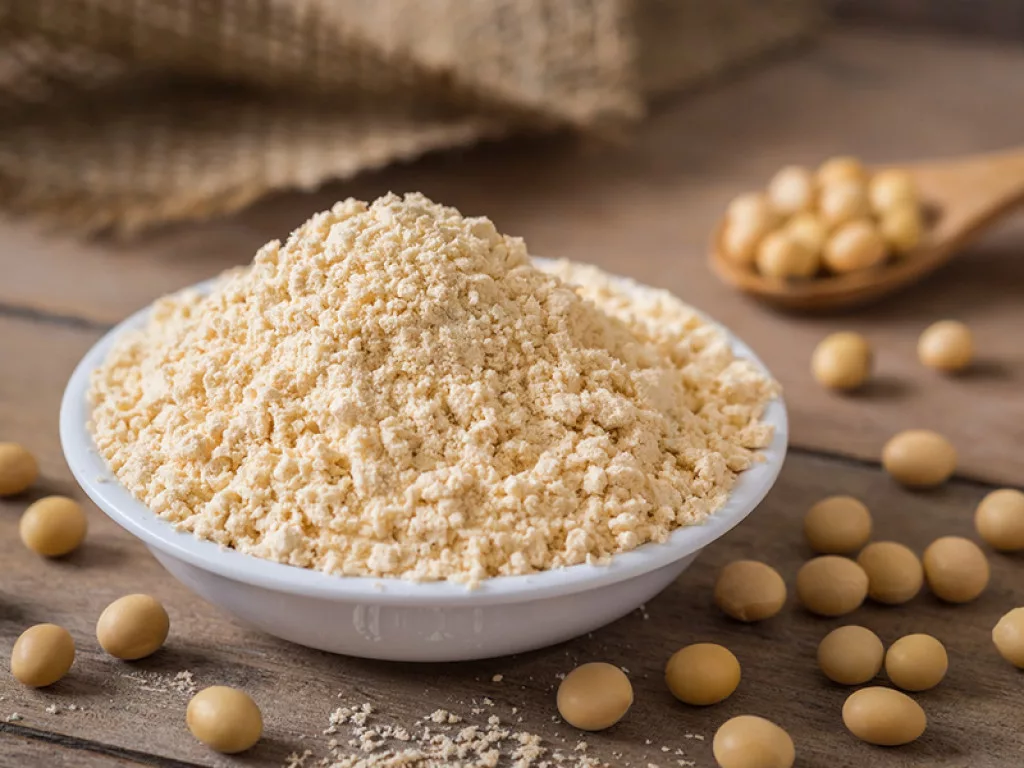
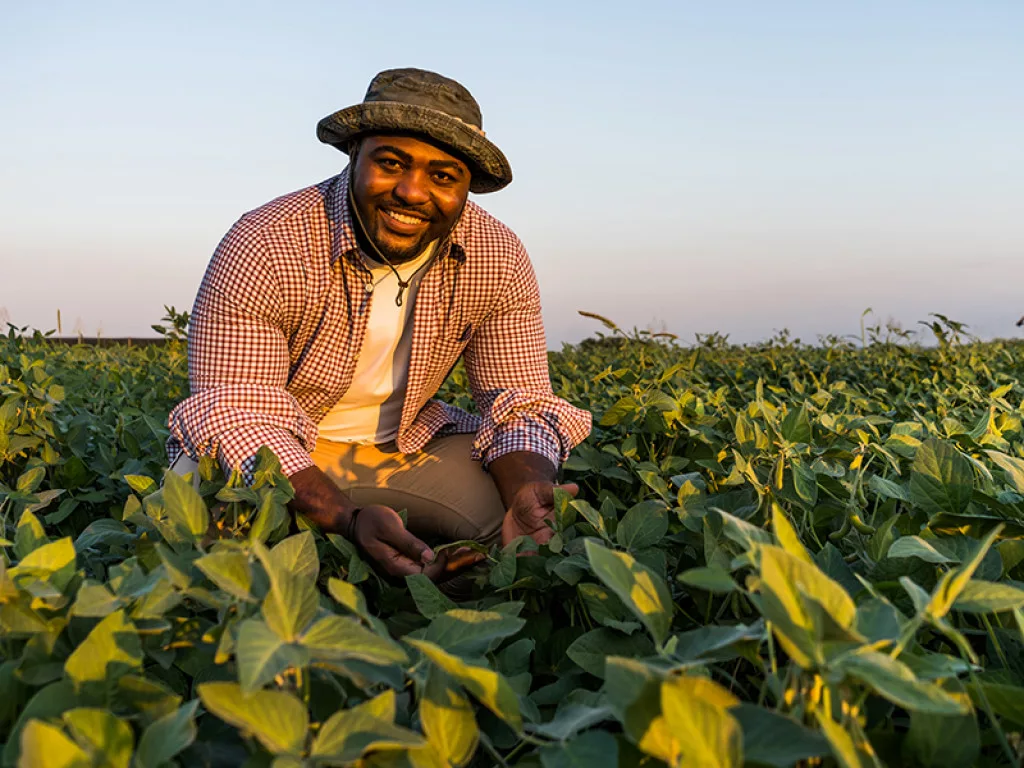
FARMER EMPOWERMENT
The majority of farmers have not mastered the necessary agronomical skills required to achieve optimal production. Sunseed recognises that farmers are not particularly well-versed or knowledgeable of the agricultural practices demanded by value chains, and thus still need to be handheld throughout the production process.
Timely and effective extension services are therefore key to addressing these fundamental knowledge gaps, and Sunseed has invested to improve its extension services in order to facilitate the smooth transition of farmers into these value chains.
In the face of limited resources and without reliable road networks to enable extension officers to offer timely and efficient services to farmers, the ratio of farmer to extension officer remains prohibitively high. This is one area in which Sunseed needs support, as it plans to reach out to many more producers in other production zones.
Sunseed strongly believes that farmers need to be equipped with the skills required to efficiently manage their operations, maximise production through the use of modern technologies, make informed business decisions, and acquire strong leadership skills. This way, farmers will invariably be able to increase their raw material yields, facilitate aggregation, and understanding pricing mechanisms.
As well as farmers, Sunseed is highly engaged in coordinating CSR activities involving surrounding communities, from development projects such as the construction of small bridges through to relief support with food rations.
Not only is cooking oil the foundation of so many great dishes, meals and recipes around the world, but it is also the foundation of Sunseed.



